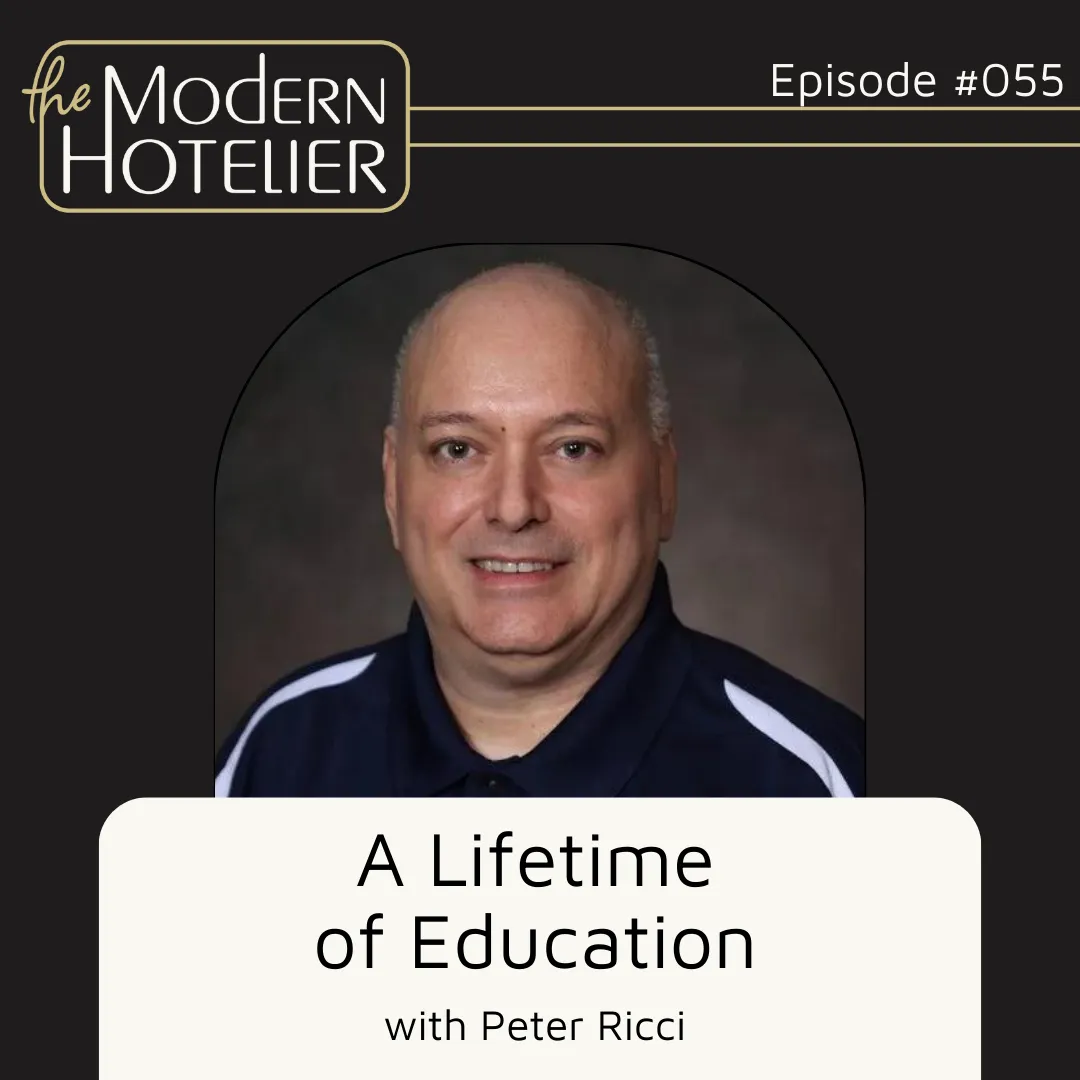Peter Ricci is the Clinical Associate Professor and Director of the Hospitality & Tourism Management Program at Florida Atlantic University. His experience ranges from destination tourism to hotels to education. He joins us to talk about what he's seeing with labor trends in the hospitality industry and how we can inspire the next generation of hoteliers.
In this episode, you'll learn:
- The value of education in the hospitality and tourism industry
- How to inspire the next generation of hoteliers
- How inflation will impact Florida and the US in 2024
- What makes FAU a Top 10 Hospitality program
- Tipping in Hospitality & Food Service
- The Impact of Emerging Technology on Hospitality
This episode is Sponsored by Stayflexi
Join the conversation on today's episode on The Modern Hotelier LinkedIn page.
The Modern Hotelier is produced, edited, and published by Make More Media: https://makemore.media/
Episode Links
Peter Ricci
Hospitality & Management Program, Florid Atlantic University
David Millili
Steve Carran
Steve on LinkedIn
The Modern Hotelier
Transcript
Automatic Transcription - please excuse any errors

